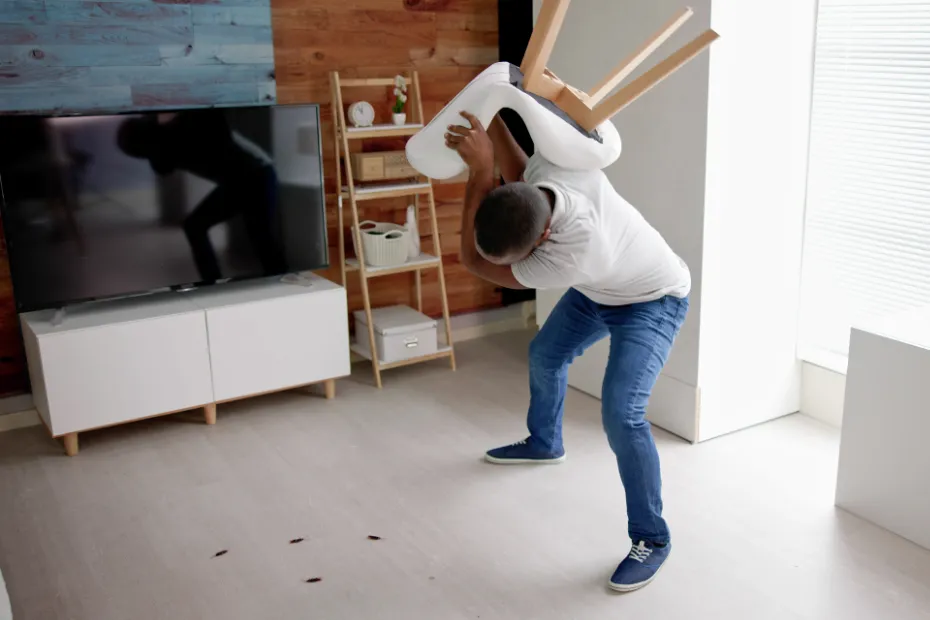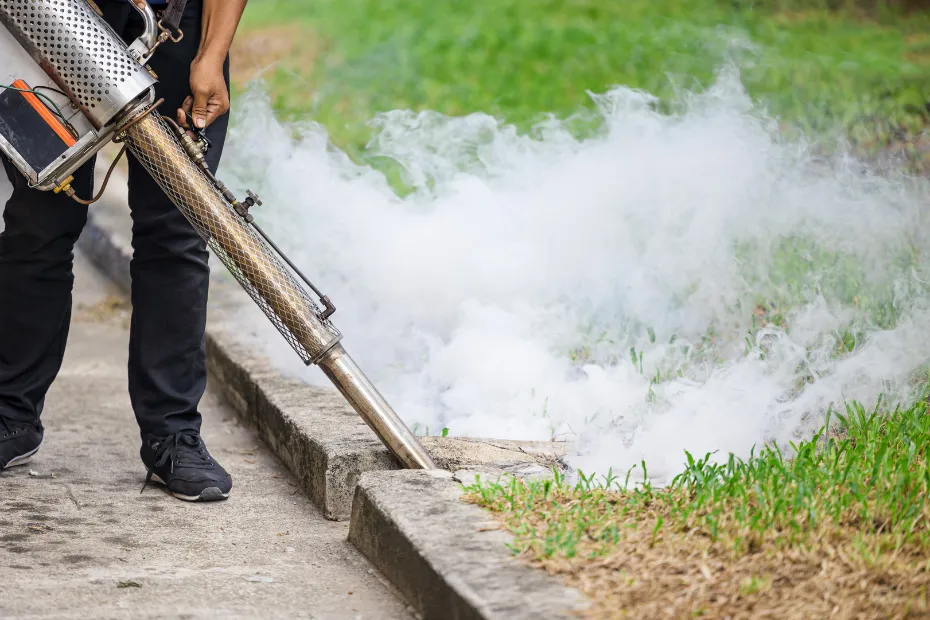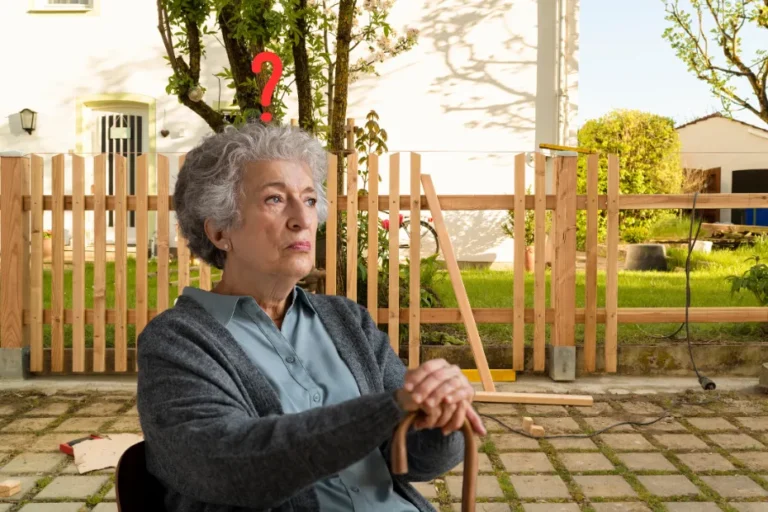Who Is Responsible For Bugs Landlord Or Tenant?
The responsibility for bugs can vary depending on the state and the terms of the lease agreement. However, in Texas, landlords are typically responsible for pest control and maintaining a habitable living environment for their tenants.
According to the “implied warranty of habitability,” landlords must provide routine pest control to ensure a livable home. This means that if there is a bug infestation, it is the landlord’s duty to take care of it.

What Are Landlord Responsibilities
Landlords in Texas are responsible for providing pest control as part of creating a good living environment for tenants.
This includes routine pest control and maintaining a livable home under the implied warranty of habitability. Therefore, landlords are legally obligated to ensure the property is free of pests.
Implied Warranty Of Habitability
Landlords are legally responsible for ensuring a habitable living
environment for tenants. This includes the obligation to provide routine
pest control to prevent and address infestations.
Routine Pest Control
Landlord:
– Must address pest control issues promptly and effectively.
– Provide regular pest control services to prevent infestations
and ensure the property’s cleanliness.
– Must adhere to state laws and regulations regarding pest
control.
– Ensure the property is free from any infestations or pest-related
hazards.
Property Maintenance
The landlord is responsible for maintaining the property and addressing any maintenance issues that could contribute to pest infestations, such as leaks, cracks, and sealing gaps to prevent pests from
entering.
Related Post: Can Tenant Install Security System? Landlord’s Question
Tenant Responsibilities

In Texas, landlords are responsible for providing pest control as part of creating a good living environment for tenants. This includes taking care of bugs and other pests to maintain a habitable home.
Maintaining Cleanliness
Tenants are responsible for maintaining cleanliness in the rental property to prevent pest infestations. This includes regularly cleaning and disposing of garbage properly. Ensuring that food crumbs and spills are promptly cleaned is essential in preventing attractants for pests.
Reporting Pest Issues
Tenants should promptly report any pest issues to the landlord or property manager. Once signs of pests are noticed, immediate action must be taken, and the issue should be reported for timely remediation.
Cooperating With Landlord
Tenants should cooperate with the landlord or property manager by allowing scheduled pest inspections and treatments. Collaborative efforts between the tenant and the landlord are crucial in ensuring a pest-free living environment.
Legal Obligations
In Texas, landlords have the legal obligation to provide pest control to ensure a good living environment for tenants, including addressing bug infestations. This responsibility is part of the landlord’s implied warranty of habitability.
State Laws And Regulations
When it comes to dealing with bugs and pests, it is important to understand the legal obligations that both landlords and tenants have.
State laws and regulations play a crucial role in determining who is responsible for pest control. In some states, like Texas, landlords bear the responsibility of providing a habitable living environment, which includes routine pest control.
In fact, Texas has specific laws regarding bed bugs. Landlords are legally obligated to maintain a livable home, and this includes ensuring proper pest control measures are in place.
This is known as the “implied warranty of habitability.” So, if you are a tenant in Texas and are dealing with a bug infestation, your landlord is responsible for addressing the issue.
Lease Agreements
Lease agreements also play a significant role in determining who is responsible for bugs and pests. These agreements outline the terms and conditions of the tenancy, including the maintenance and upkeep responsibilities.
In most states, including Texas, lease agreements typically state that the landlord bears certain responsibilities for the property’s pest control.
These lease agreements often mention that the landlord is responsible for addressing bug infestations and maintaining a pest-free environment.
Bed Bug Laws
When it comes to bed bugs specifically, certain states have enacted laws to protect tenants and hold landlords accountable. These laws outline the responsibilities of both parties in dealing with bed bug infestations.
In Texas, for example, there are specific laws regarding bed bugs. Landlords are legally responsible for maintaining a livable home, and this includes ensuring that bed bug infestations are addressed.
If you are a tenant in Texas and are dealing with bed bugs, your landlord is obligated to take necessary steps to eliminate the infestation.
Therefore, it is crucial for both landlords and tenants to be aware of their legal obligations when it comes to bugs and pests.
Related Post: Can I Get Compensation For A Dog Bite? Your Legal Rights
Dispute Resolution
In the unfortunate event of a bug infestation, conflicts can arise between landlords and tenants when determining responsibility for pest control. It’s important to understand the available options for dispute resolution in such situations.
Here are three common avenues to explore: mediation or arbitration, small claims court, and documentation and evidence.
Mediation Or Arbitration
Mediation or arbitration can be an effective way to resolve disputes between landlords and tenants when it comes to bug infestations.
With mediation, a neutral third party assists in facilitating a discussion and helps the two parties reach a mutually satisfactory solution.
On the other hand, arbitration involves a neutral third party who makes a binding decision based on the evidence presented by both parties. This decision is usually enforceable by law.
Small Claims Court
If mediation or arbitration fails or is not an option, small claims court can be pursued. Small claims court offers a quick and inexpensive way to resolve disputes that involve monetary compensation below a certain threshold.
Both landlords and tenants can file a lawsuit against each other in small claims court to present their case. The court will then assess the evidence and make a decision based on the presented information.
Documentation And Evidence
When dealing with a bug infestation dispute, having proper documentation and evidence is crucial.
It helps establish the responsibility of the landlord or tenant. Document any communication, such as emails or letters, regarding the issue and keep records of any actions taken, such as hiring an exterminator or purchasing pest control products.
Take photographs or videos of the infestation and any damages caused. This visual evidence can serve as key support for your claim.
Updating and maintaining a log of the infestation timeline and its impact on your living conditions can also strengthen your case.
| Important | Takeaways |
|---|---|
| Bugs infestation conflicts can arise between landlords and tenants | Mediation or arbitration, small claims court, and documentation and evidence |
| Mediation | Neutral third party facilitates the discussion for a mutual solution |
| Arbitration | Neutral third party makes a binding decision based on evidence |
| Small claims court | Quick and inexpensive resolution for monetary compensation disputes |
| Documentation and evidence | Crucial for establishing responsibility and supporting your claim |
Related Post: 13 Must-Know Tips for New Landlords
Preventing Bugs In Rental Properties
Bugs and pests can be a headache for landlords and tenants alike. It’s important for both parties to take responsibility for addressing and preventing bug infestations in rental properties. Here are some essential measures that can be taken to prevent bugs in rental properties:
Regular Inspections And Maintenance
Regular inspections and maintenance are critical in preventing bug infestations. Landlords should conduct periodic inspections to identify any potential entry points or signs of infestation. Likewise, tenants should promptly report any bug issues to their landlords to address and prevent further infestations.
Sealing Entry Points
Sealing entry points is crucial in keeping bugs out. Landlords should ensure that the property’s exterior is properly sealed to prevent pests from entering. Additionally, tenants can also play a role by sealing any gaps or holes in their living spaces.
Proper Waste Management
Proper waste management is essential for preventing bug infestations. Landlords should provide adequate waste disposal facilities and educate tenants on proper waste disposal practices.
Tenants must also take responsibility for keeping their rental units clean and disposing of trash properly to prevent attracting pests.
Are landlords responsible for pest control in New Jersey?
Frequently Asked Questions
Do Landlords Have To Provide Pest Control In Texas?
Yes. In Texas, landlords are responsible for providing pest control to maintain a good living environment.
What Is The Landlord’s Responsibility For Pest Control In New York State?
In New York State, the landlord is responsible for pest control as part of maintaining a safe living environment.
Who Is Responsible For Pest Control In Missouri?
In Missouri, the responsibility for pest control is determined by the lease agreement between the landlord and tenant.
Are Landlords Responsible For Pest Control In New Jersey?
In New Jersey, landlords are responsible for pest control. It is their legal obligation to eliminate bugs, rodents, and other pests, even if it is not explicitly stated in the rental agreement.
Final Verdict
The responsibility for pest control varies depending on the terms of the lease agreement and state laws. However, in Texas, landlords are generally responsible for maintaining a habitable living environment and providing routine pest control.
Both landlords and tenants should familiarize themselves with the specific regulations in their state regarding pest control responsibilities.






